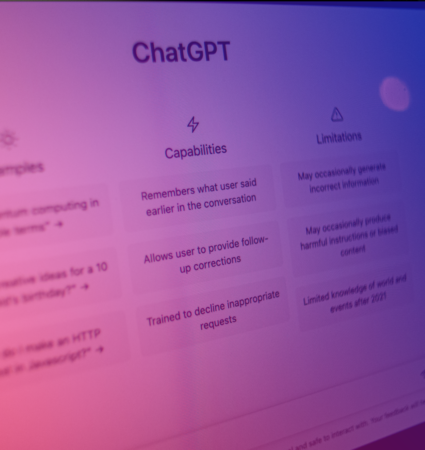Everything you need to know about Google’s GA4 and Universal Analytics changes.
*This article was originally published in April 2022.
Google is set to retire the current version of Google Analytics, also known as Universal Analytics (or UA), on 1 July 2023. Data will cease processing three months later (1 October) in order to give website owners time to transition to the latest product, Google Analytics 4 (GA4).
So what is GA4, what do the changes mean for brands and marketers, and what should we be looking forward to in life after Universal Analytics?
What’s driving these changes?
Google Analytics has long been one of the most widely used tools on the web for measuring performance and website success, with a reported 74% of analytics professionals using Google Analytics, making it the primary measurement tool for millions of websites globally.
It provides business owners and marketers deep insights into how customers interact and convert on site.
However, the current version of Google Analytics has faced challenges. In recent years, we’ve seen major transitions towards cross-channel consumer behaviour, along with increased GDPR privacy concerns relating to the use of cookies.
Google’s current approach to analytics has simply struggled to keep up with these changes, which has sparked the need for a new method.
What does this mean for Universal Analytics users?
From July 1, 2023, Google will no longer process hits coming from Universal Analytics. However, Google Analytics 360 customers will continue to see data processed until October 1, 2023. Essentially, this means Universal Analytics users will no longer be able to track new data within the platform, while existing properties will be converted to read-only.
Previously processed data will be available for at least another six months. After this date, current users will no longer be able to see their Universal Analytics reports in the interface. They also won’t be able to access any data in the API. Google is encouraging all advertisers to export copies of their historical reports during this period to ensure they don’t lose access.
For business owners and marketers who still rely heavily on Universal Analytics, now is a good time to prioritise migration to GA4. Making the transition to GA4 as soon as possible will prepare advertisers for a future in which Universal Analytics is no longer available.
The benefits of migrating to GA4
The next generation of Google Analytics has been designed to improve privacy, lean more heavily on machine learning algorithms and bring audience-led strategies to the fore. Below are just a few benefits of migrating to GA4.
- Cross-channel analysis: GA4 will enable users to store data from websites and apps in one place for easier cross-channel reporting.
- Smarter insights: Marketers will automatically be alerted to any significant changes and trends in data. GA4 is also able to better identify when users are more likely to convert.
- Cookie-less tracking: In response to recent changes following GDPR, GA4 has been designed with privacy at its forefront and uses machine learning algorithms instead of cookies to fill the gaps in data.
- BigQuery exporting: Previously, GA360 was required if users wanted to export Google Analytics data into BigQuery. Now, BigQuery exports will be available to all GA4 users as standard.
Best practice to implement the switch
Once the new system comes into play, there will be no way to export historical Universal Analytics data into GA4. Ready to make the switch? Here are a few of our top tips to help ensure a smooth transition.
- Step 1: Create your GA4 Property and configure the base tracking code across all digital properties.
- Step 2: Set up platform linking between Google Ads, GMP and BigQuery.
- Step 3: Map out your event tracking taxonomy and move all Universal Analytics data across.
- Step 4: Rebuild reporting and data pipelines in GA4.
- Step 5: Replicate Universal Analytic audiences and existing enhanced e-commerce tracking within GA4.
- Step 6: Shift data pipelines for online to offline or CRM linking.
Questions? For more information, reach out to london@reprisedigital.com.




